Home>Garden Essentials>How Long Can You Keep Chia Seeds
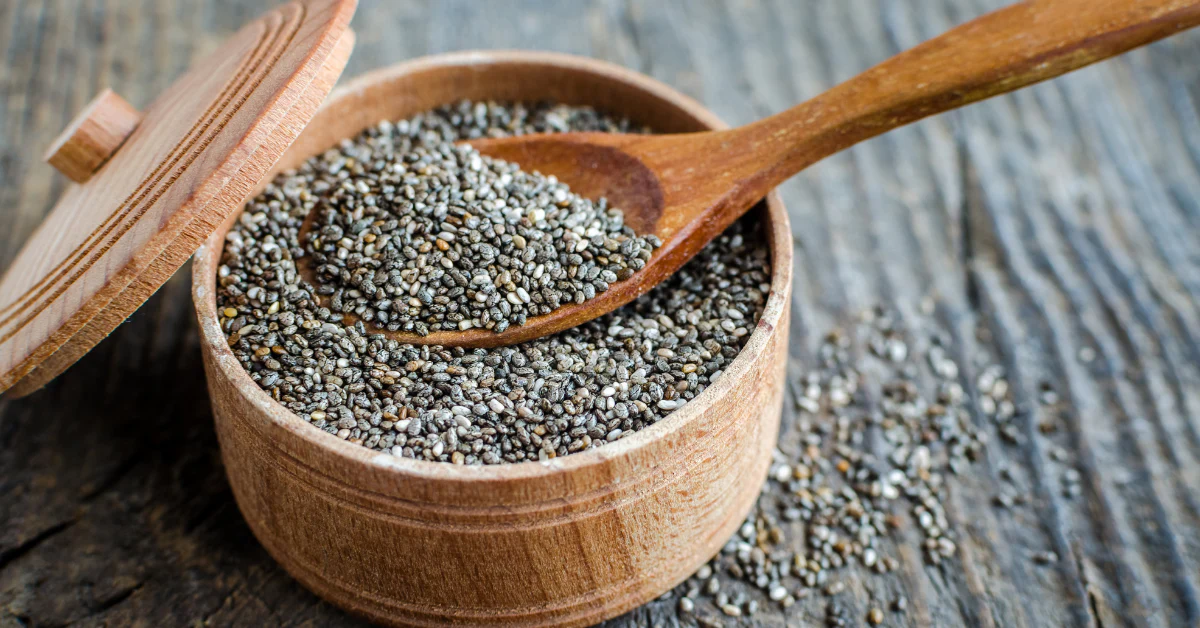

Garden Essentials
How Long Can You Keep Chia Seeds
Modified: August 17, 2024
Discover the shelf life of chia seeds and how to store them properly in your garden. Extend the freshness and nutritional value of your chia seeds with these tips.
(Many of the links in this article redirect to a specific reviewed product. Your purchase of these products through affiliate links helps to generate commission for Storables.com, at no extra cost. Learn more)
Introduction
Chia seeds have gained tremendous popularity in recent years due to their numerous health benefits and versatility in cooking. These tiny seeds are packed with essential nutrients like omega-3 fatty acids, fiber, and antioxidants, making them a valuable addition to any diet. Whether you’re a fan of chia seed pudding, smoothies, or simply enjoy sprinkling them on top of your favorite dishes, it’s important to understand how long you can keep chia seeds before they go bad.
In this article, we’ll explore the shelf life of chia seeds, factors that can influence their longevity, signs of spoiled chia seeds, proper storage techniques, and ways to extend their shelf life. So, grab a cup of tea and let’s dive into the world of chia seeds!
Key Takeaways:
- Chia seeds can last up to two years when stored properly in airtight containers, away from moisture and direct light. Remember to prioritize freshness for maximum health benefits!
- Look out for signs of spoiled chia seeds, such as off smell, changes in texture, mold, or discoloration. To extend their shelf life, consider buying in smaller quantities and freezing them.
Shelf Life of Chia Seeds
Chia seeds, like many other dry goods, have a relatively long shelf life. When stored properly, chia seeds can last for up to two years. This extended shelf life is largely due to their high antioxidant content, which helps to prevent the development of rancidity. However, it’s important to remember that this is an estimate and chia seeds may start to lose their freshness and nutritional value over time.
It’s worth noting that the shelf life of chia seeds can vary depending on various factors, including the packaging, storage conditions, and exposure to moisture. Some manufacturers may also indicate a “best by” or “expiration” date on the packaging, which can give you a general idea of how long they can maintain their quality.
While chia seeds can still be safe to consume beyond their shelf life, their taste, texture, and nutrient content may gradually deteriorate. Therefore, it’s always recommended to use chia seeds within their optimal freshness period to fully enjoy their quality and benefits.
Factors Affecting Shelf Life
Several factors can influence the shelf life of chia seeds. Understanding these factors can help you ensure that your chia seeds stay fresh for as long as possible.
1. Packaging: The way chia seeds are packaged plays a crucial role in determining their shelf life. Chia seeds are best stored in airtight containers that are designed to keep out moisture and oxygen, which can accelerate the deterioration process. Look for chia seeds that come in resealable bags or jars to maintain their freshness.
2. Humidity: Chia seeds are highly susceptible to moisture, as they can absorb water and become clumpy. Exposure to high humidity levels can lead to mold growth and spoilage. It’s important to store chia seeds in a cool, dry place, away from direct sunlight and moisture sources such as the kitchen sink or refrigerator door.
3. Temperature: Temperature fluctuations can also impact the shelf life of chia seeds. Extreme heat can cause the seeds to spoil or turn rancid, while cold temperatures can affect their texture and flavor. It’s best to store chia seeds at room temperature, ideally between 65°F and 75°F (18°C-24°C).
4. Light exposure: Like many seeds, chia seeds are sensitive to light. Prolonged exposure to sunlight or artificial light can degrade their nutritional content and cause them to spoil more quickly. To protect chia seeds from light, store them in opaque containers or keep them in a pantry or cupboard away from direct light sources.
5. Quality of seeds: The quality of the chia seeds you purchase can also impact their shelf life. It’s important to buy seeds from reputable brands or suppliers that follow proper storage and handling practices. Fresh, high-quality chia seeds will have a better chance of staying fresh for a longer period.
By taking these factors into consideration and employing proper storage methods, you can help extend the shelf life of your chia seeds and ensure they remain fresh and nutritious for as long as possible.
Signs of Spoiled Chia Seeds
While chia seeds have a relatively long shelf life, it’s important to be able to recognize signs of spoilage to avoid consuming rancid or damaged seeds. Here are some indications that your chia seeds may have gone bad:
- Off smell: Fresh chia seeds have a mild, nutty aroma. If you notice a sour or unpleasant odor coming from your chia seeds, it’s a sign that they have spoiled.
- Change in texture: Chia seeds should have a crunchy texture when you bite into them. If you notice that the seeds have become soft, slimy, or have clumped together, it’s a clear indication that they are spoiled.
- Mold or discoloration: Inspect your chia seeds visually. If you spot any signs of mold, such as fuzzy growth or green, white, or black spots, it’s best to discard them immediately. Similarly, if the seeds have started to change color, becoming darker or showing signs of decay, they should not be consumed.
- Unpleasant taste: When chia seeds are fresh, they have a mild, slightly nutty taste. If you notice any off or bitter taste, it’s a sign that the seeds have gone bad.
- Expired date: If you have exceeded the expiration date on the packaging, it’s best to err on the side of caution and discard the chia seeds, even if they appear to be in good condition. The expiration date is there to indicate the optimal freshness and quality of the product.
If you encounter any of these signs, it’s important to discard the spoiled chia seeds to avoid any negative effects on your health. Consuming spoiled chia seeds can lead to digestive issues, mold contamination, or a negative taste experience.
Now that you know how to identify spoiled chia seeds, let’s explore the proper storage techniques to help extend their shelf life.
Chia seeds can be kept for up to 2 years if stored in a cool, dry place. Make sure to seal them tightly to prevent moisture and air from getting in.
Storing Chia Seeds Properly
Proper storage is key to maintaining the freshness and quality of chia seeds. Follow these guidelines to ensure your chia seeds stay in optimal condition:
- Choose the right container: Transfer your chia seeds to an airtight container with a secure lid. This helps prevent exposure to air, moisture, and light, which can accelerate the deterioration process.
- Keep away from moisture: Moisture is the enemy of chia seeds. Store the container in a cool, dry place, such as a pantry or cupboard, away from steam or heat sources, like the stovetop or dishwasher. Avoid storing them in the refrigerator, as the fluctuations in temperature can cause moisture condensation.
- Avoid direct light: Exposure to light can degrade the quality of chia seeds. Store the container in a dark spot or use an opaque container that blocks out light. This helps preserve the nutrient content and freshness of the seeds.
- Do not expose to air: Oxygen can contribute to the degradation of chia seeds. Make sure the container is tightly sealed to minimize air exposure. If you use a resealable bag, squeeze out any excess air before sealing it.
- Don’t mix with other ingredients: To avoid cross-contamination and maintain the freshness of the chia seeds, store them separately from spices, herbs, or other strongly scented ingredients that can affect their flavor and aroma.
- Monitor the environment: Keep an eye on the storage area to ensure it remains dry and cool. If you live in a humid climate, you might consider using moisture absorbers, such as silica gel packets, to help maintain the dryness of the storage environment.
By following these storage tips, you can extend the shelf life of your chia seeds and ensure they retain their nutritional value and flavor for a longer period.
Now that you know how to properly store your chia seeds, let’s explore some additional techniques to further extend their shelf life.
Read more: How Long Can You Keep Flax Seeds
Extending the Shelf Life of Chia Seeds
If you want to maximize the shelf life of your chia seeds even further, consider the following tips:
- Buy in smaller quantities: Chia seeds are best consumed when they are fresh. If you don’t use them frequently, it’s a good idea to buy them in smaller quantities, so you can finish them within a reasonable time frame.
- Seal and store in the freezer: If you have an abundance of chia seeds or want to keep them for an extended period, you can store them in an airtight container and place them in the freezer. Freezing chia seeds can help preserve their freshness and nutritional content for up to five years.
- Grind as needed: Whole chia seeds have a longer shelf life than ground chia seeds. Consider grinding chia seeds as needed to maintain their freshness and prevent them from going rancid quickly.
- Keep moisture absorbers: To further reduce the risk of moisture exposure, you can add moisture absorbers, such as silica gel packets or rice, to the storage container to absorb any residual moisture.
- Check for freshness before use: Before using chia seeds, always give them a quick visual and smell check to ensure they are still fresh and haven’t spoiled. Discard any seeds that show signs of mold, discoloration, or an off odor.
- Rotate stock: If you frequently use chia seeds, practice first-in, first-out (FIFO) rotation. This means using the older batch of chia seeds first and replenishing your stock with a fresh batch. This helps maintain the quality and nutritional value of your chia seeds.
By implementing these techniques, you can significantly extend the shelf life of your chia seeds and make the most out of their nutritional benefits.
Now that you’re armed with the knowledge of storing and extending the shelf life of chia seeds, you can enjoy these tiny powerhouses of nutrition for a longer period. Remember to always prioritize freshness and quality when consuming chia seeds to reap their full benefits.
Happy chia seed adventures!
Conclusion
Chia seeds are a versatile and nutritious addition to any diet, but it’s important to understand how to properly store and maintain their freshness to make the most out of them. With their high antioxidant content and long shelf life, chia seeds can last up to two years when stored correctly. By following proper storage techniques, such as keeping them in airtight containers, away from moisture and direct light, you can ensure that your chia seeds remain fresh and flavorful.
It’s also crucial to be able to recognize signs of spoiled chia seeds. If you notice an off smell, changes in texture, mold, discoloration, or an unpleasant taste, it’s best to discard them. Consuming spoiled chia seeds can lead to digestive issues and a negative taste experience.
To extend the shelf life of your chia seeds even further, consider buying in smaller quantities, sealing and freezing them, grinding as needed, and adding moisture absorbers. These practices can help preserve the freshness and nutrient content of the seeds for a longer period.
Remember to check for freshness before use and practice FIFO rotation to ensure that you always use the oldest batch of chia seeds first. By prioritizing freshness and quality, you can fully enjoy the health benefits and culinary potential of chia seeds.
So, go ahead and explore the creative ways to incorporate chia seeds into your meals, from chia seed puddings and smoothies to baked goods and salads. With proper storage and care, your chia seeds can accompany you on a delightful and nutritious journey.
Frequently Asked Questions about How Long Can You Keep Chia Seeds
Was this page helpful?
At Storables.com, we guarantee accurate and reliable information. Our content, validated by Expert Board Contributors, is crafted following stringent Editorial Policies. We're committed to providing you with well-researched, expert-backed insights for all your informational needs.
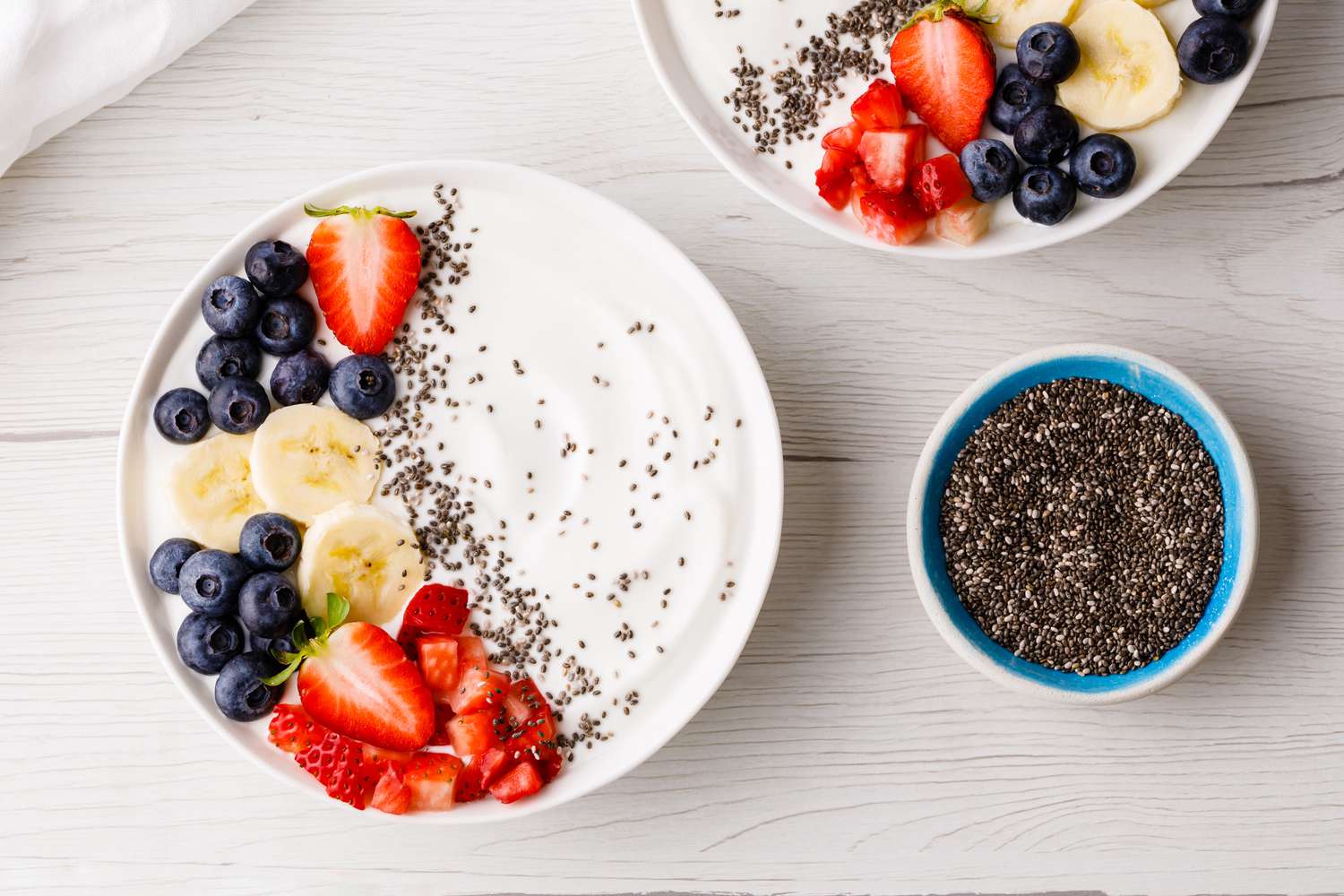
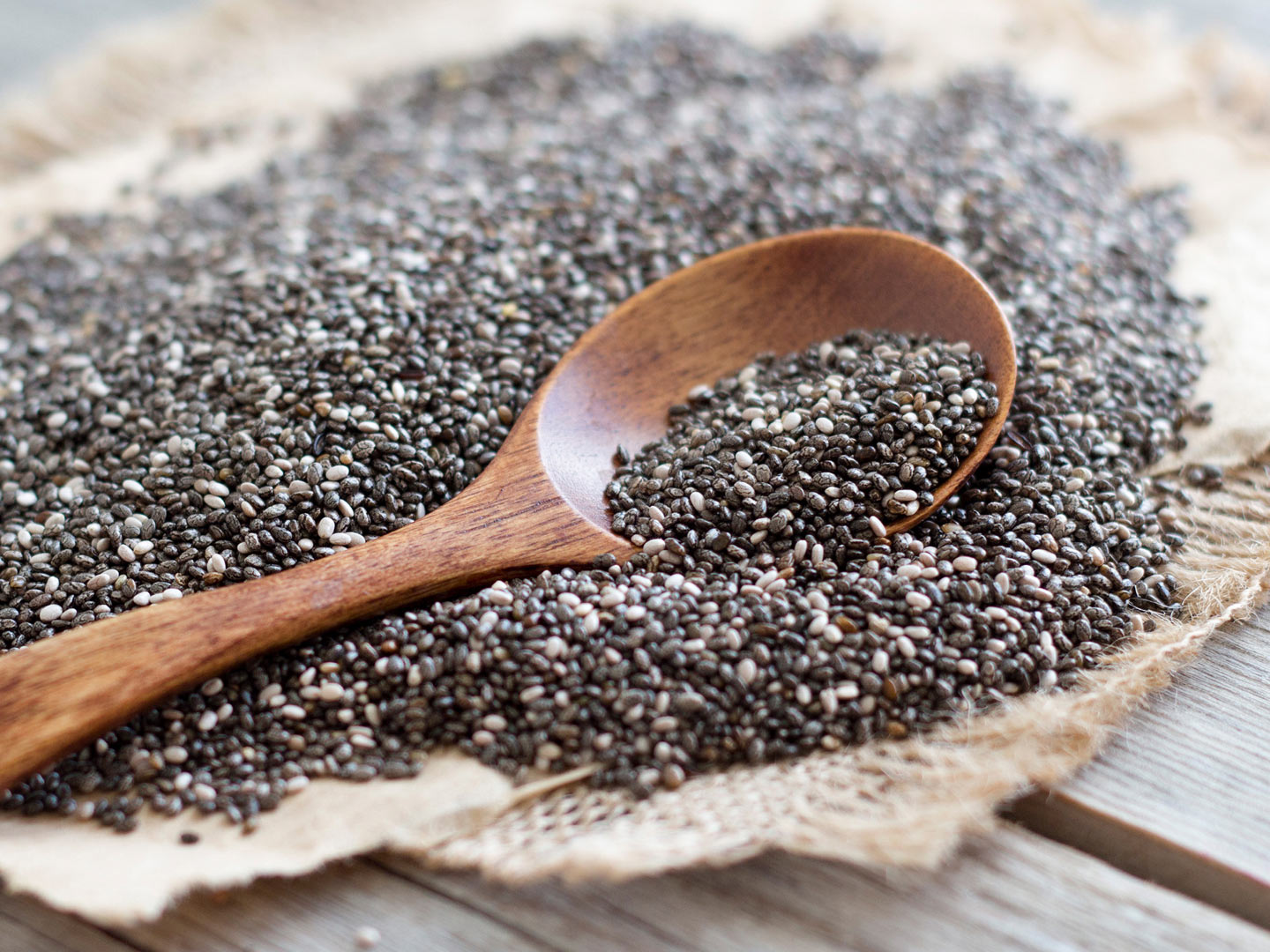
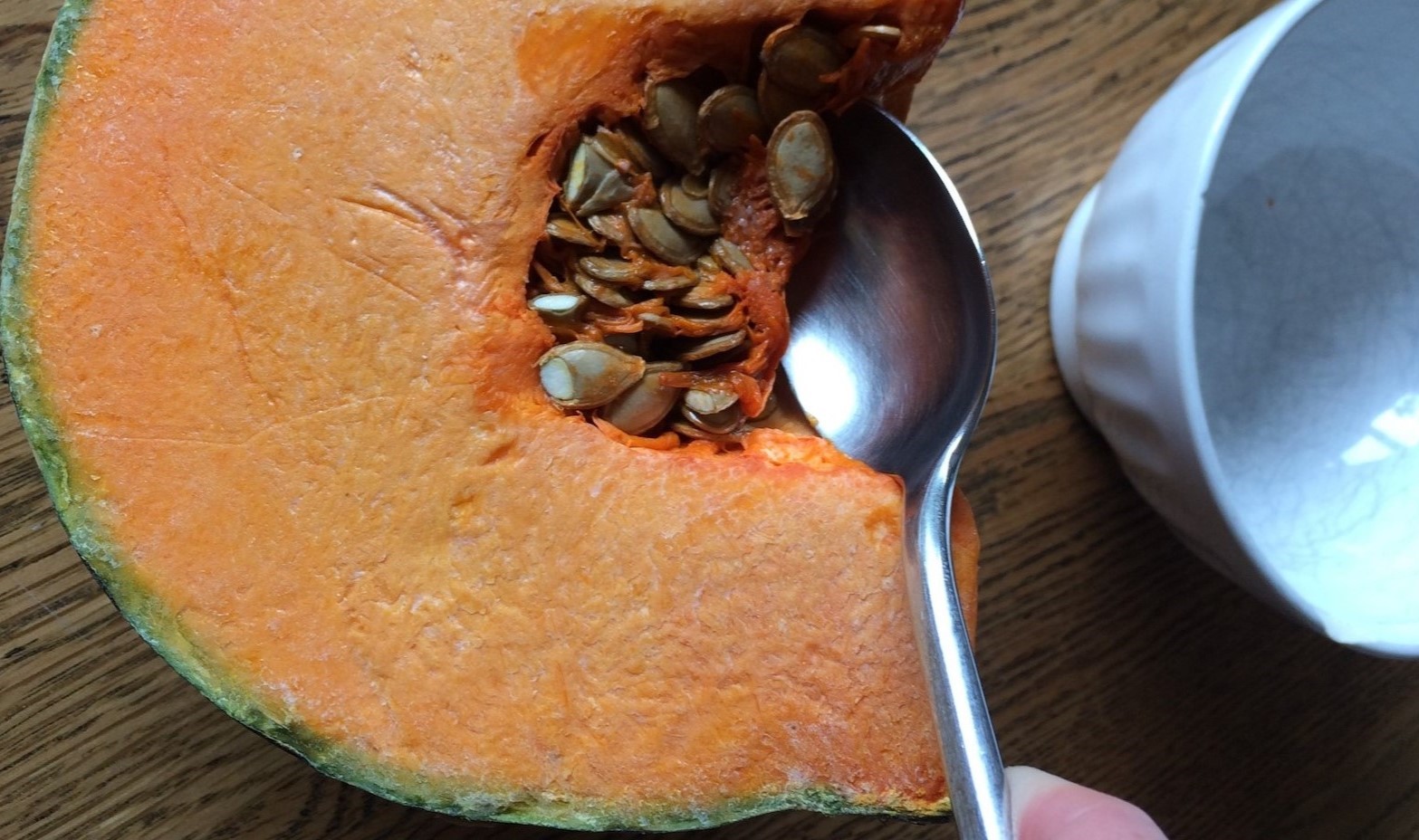
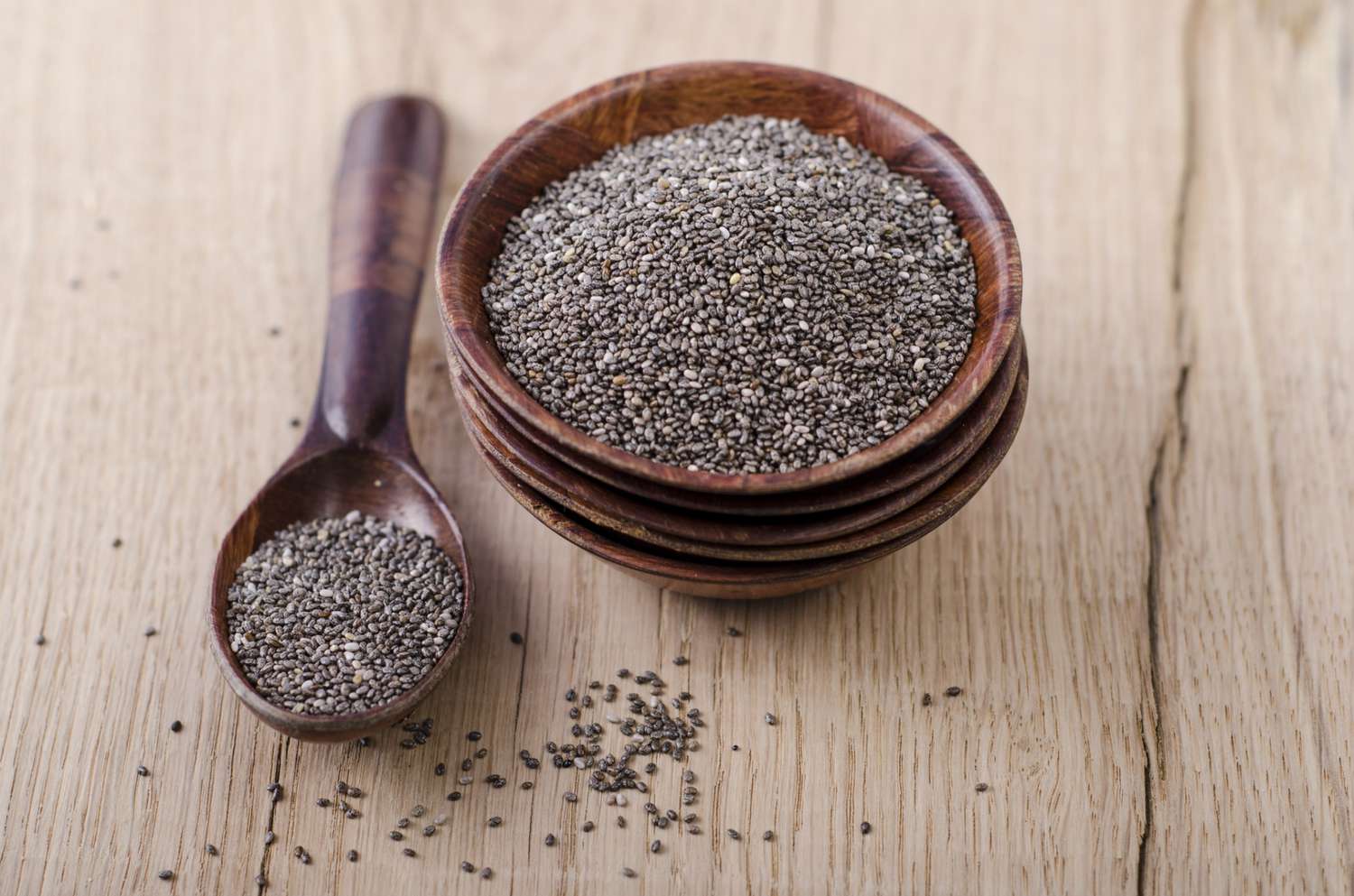
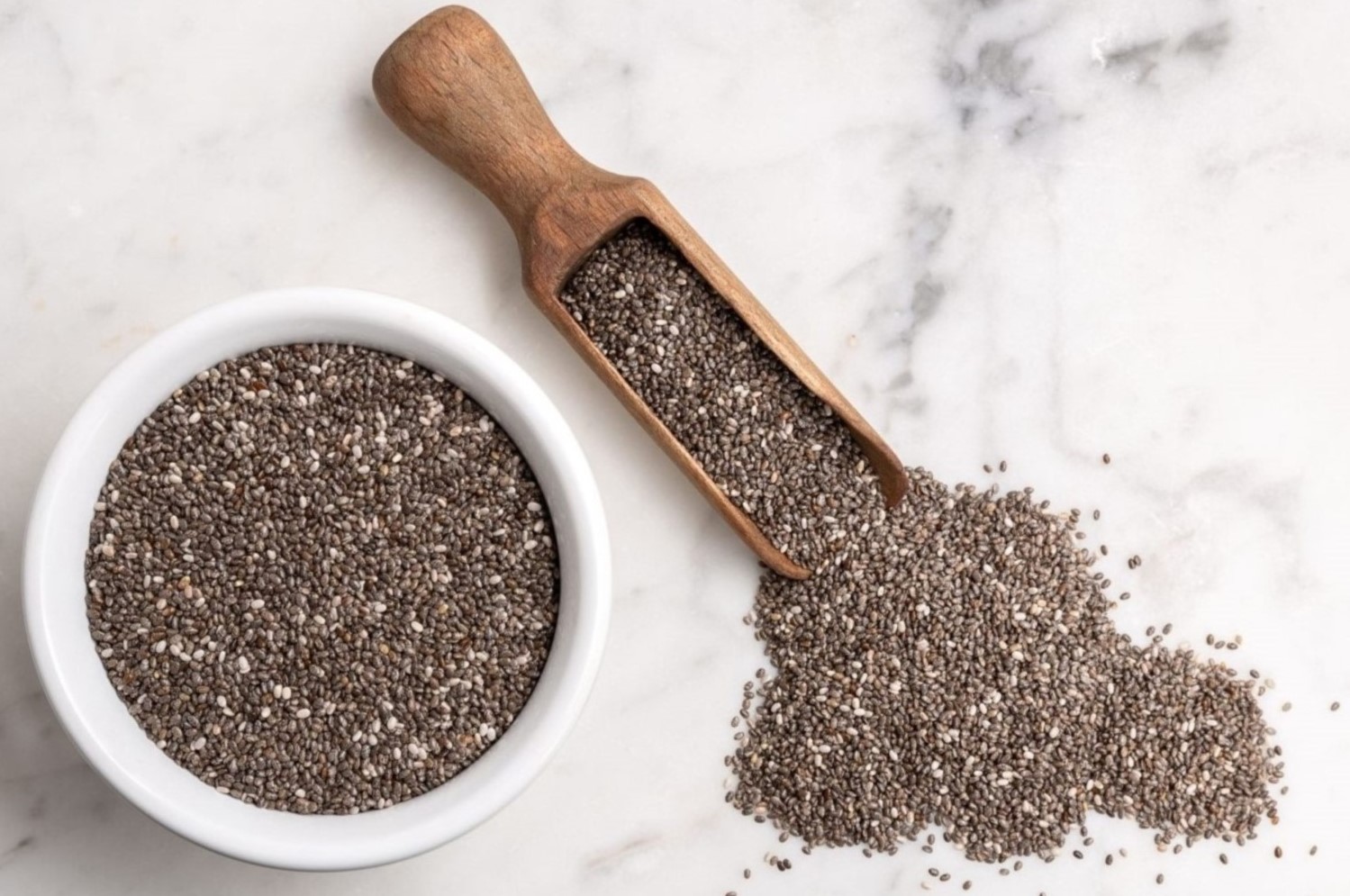
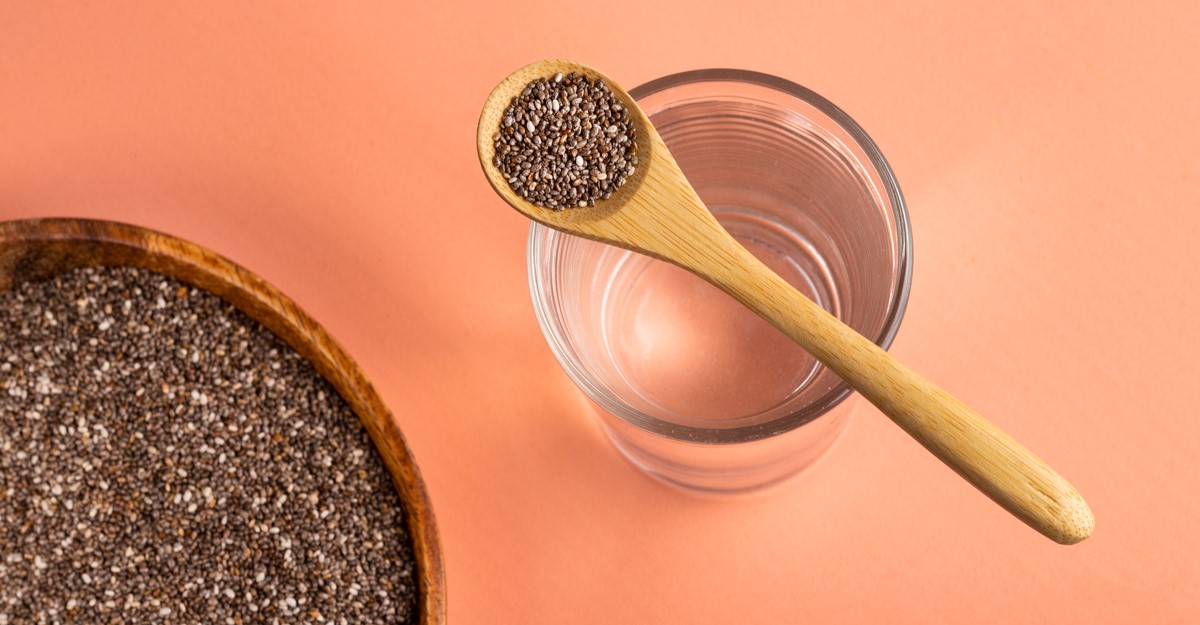
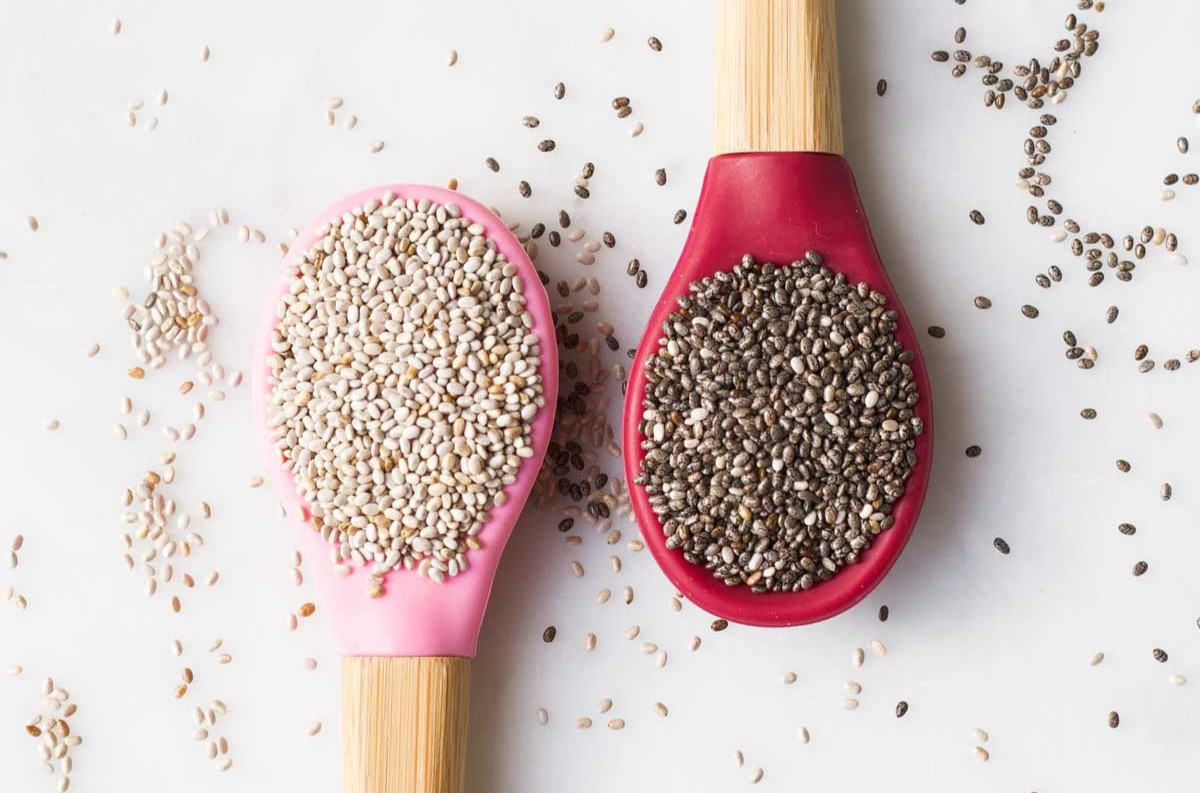
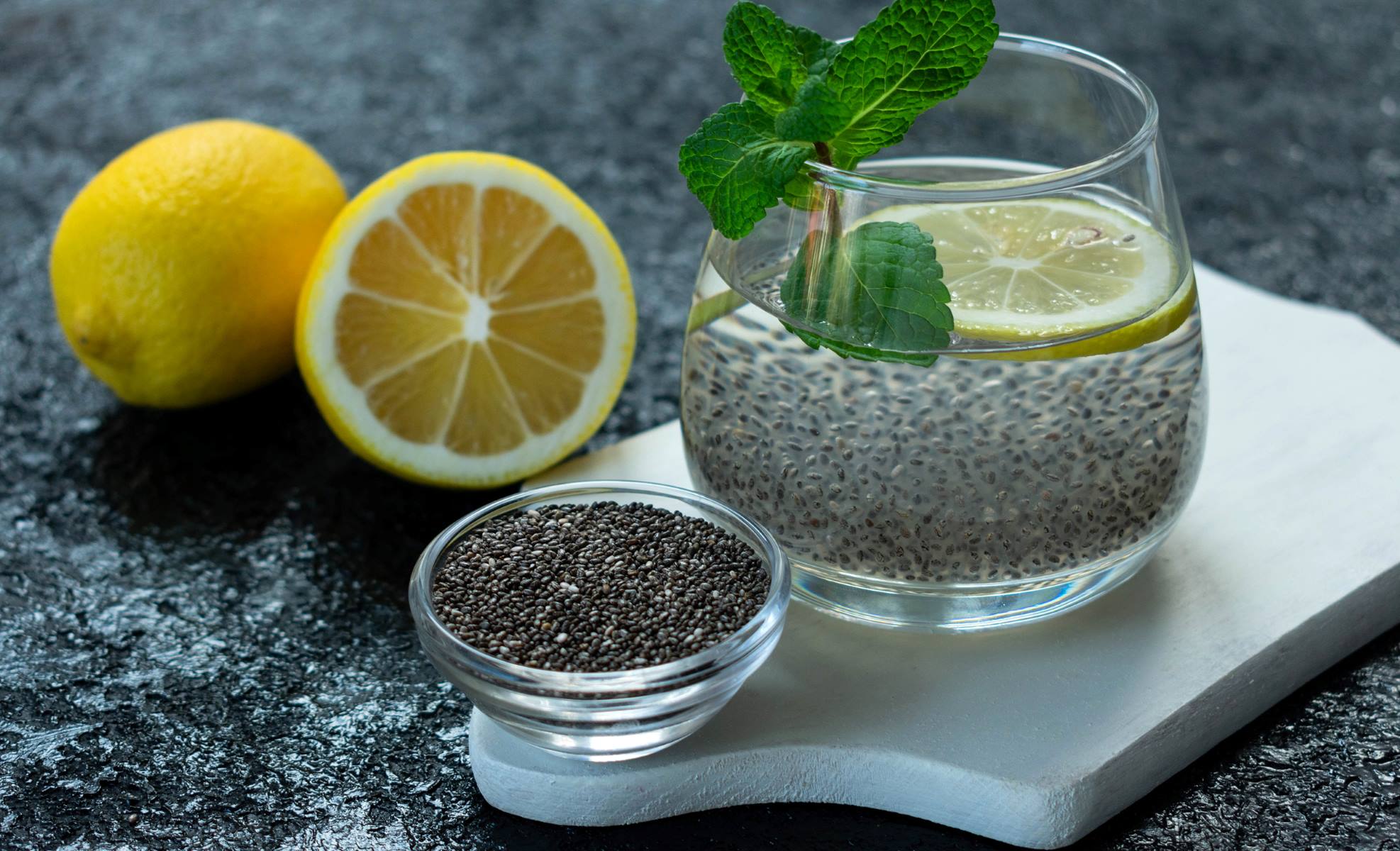
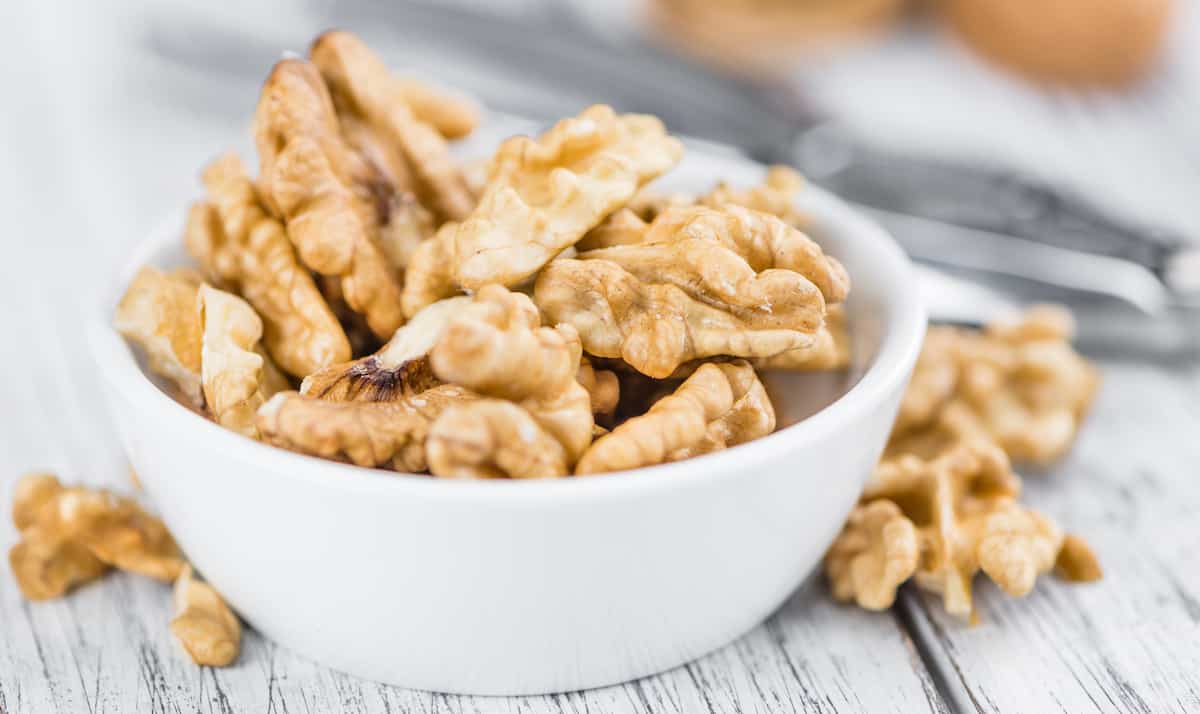
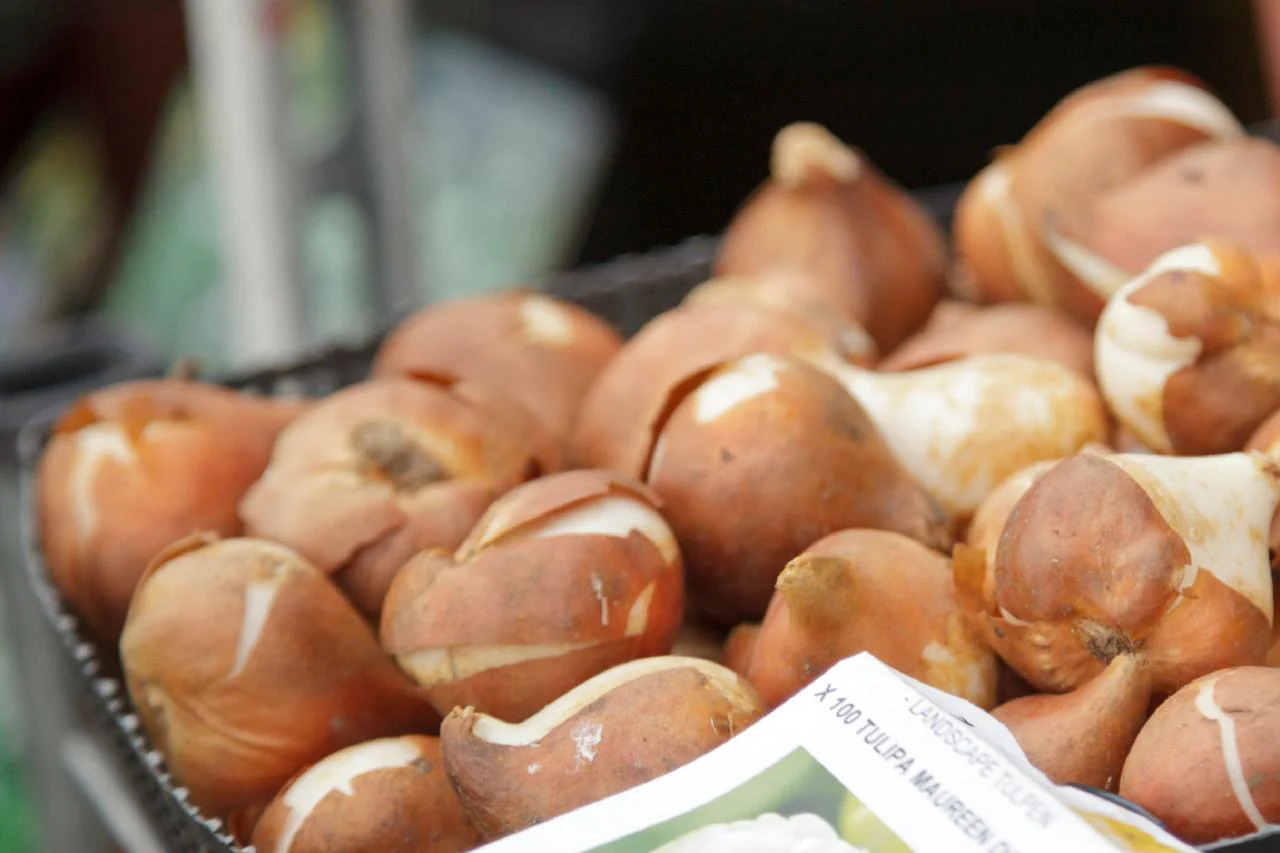
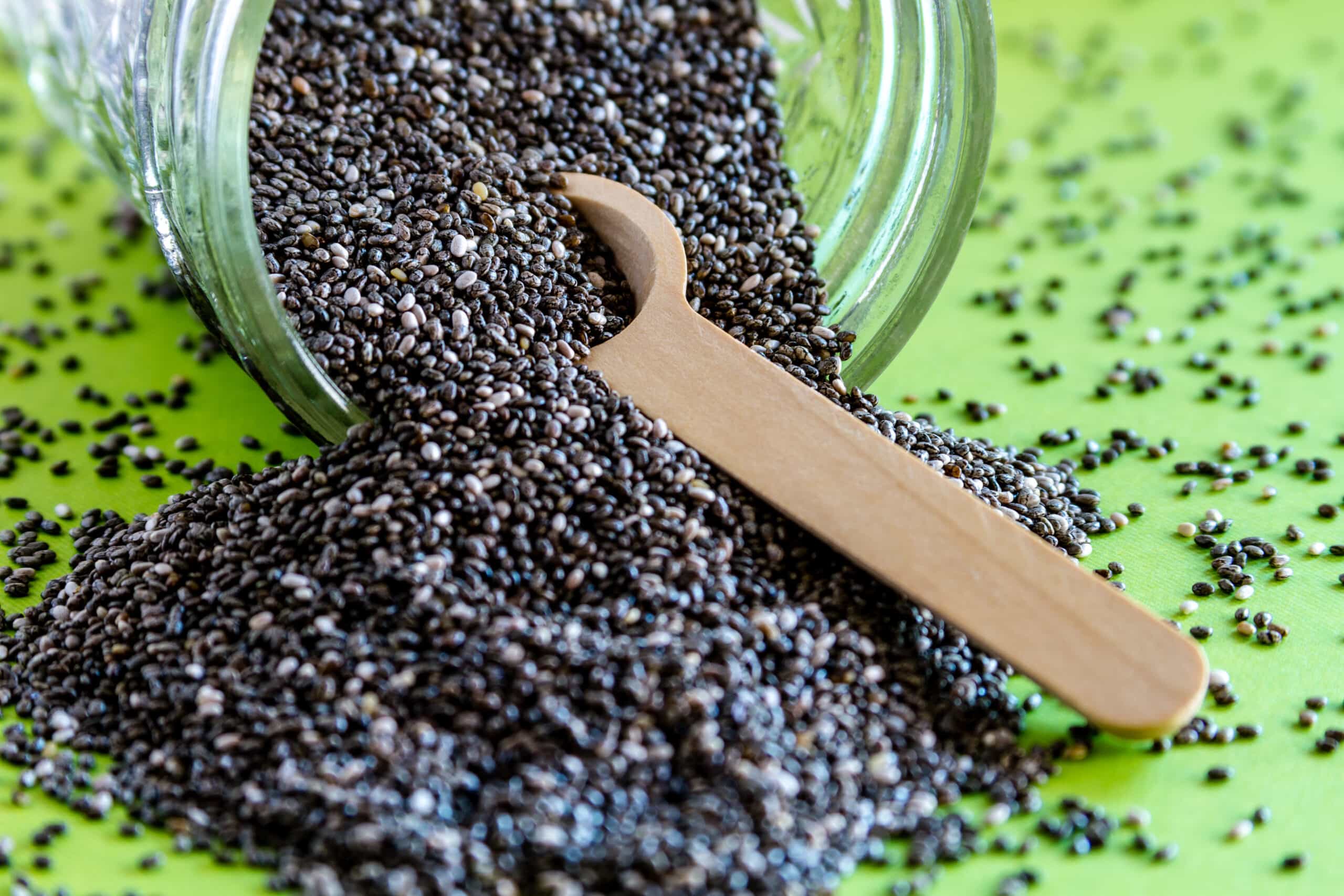
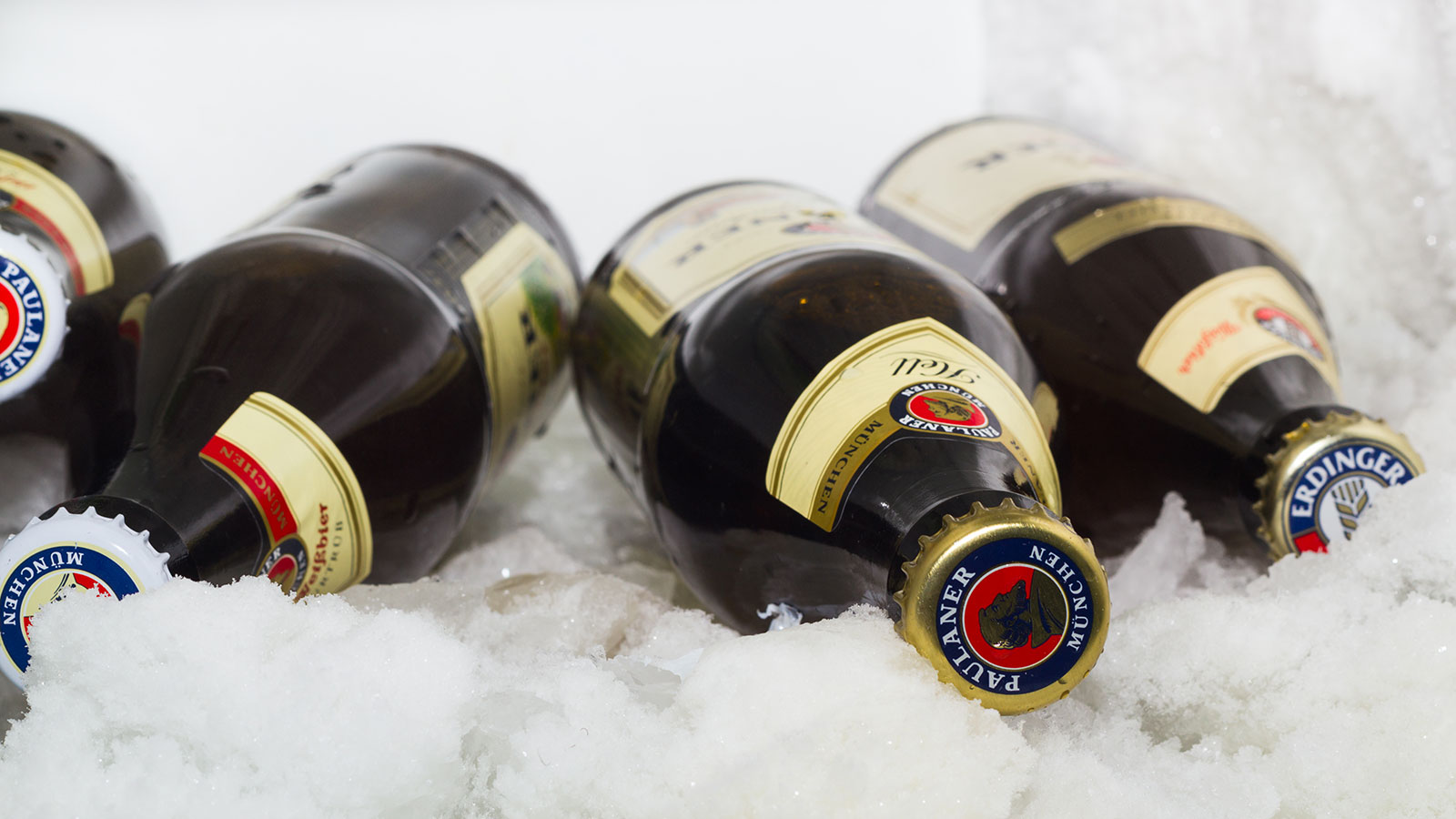
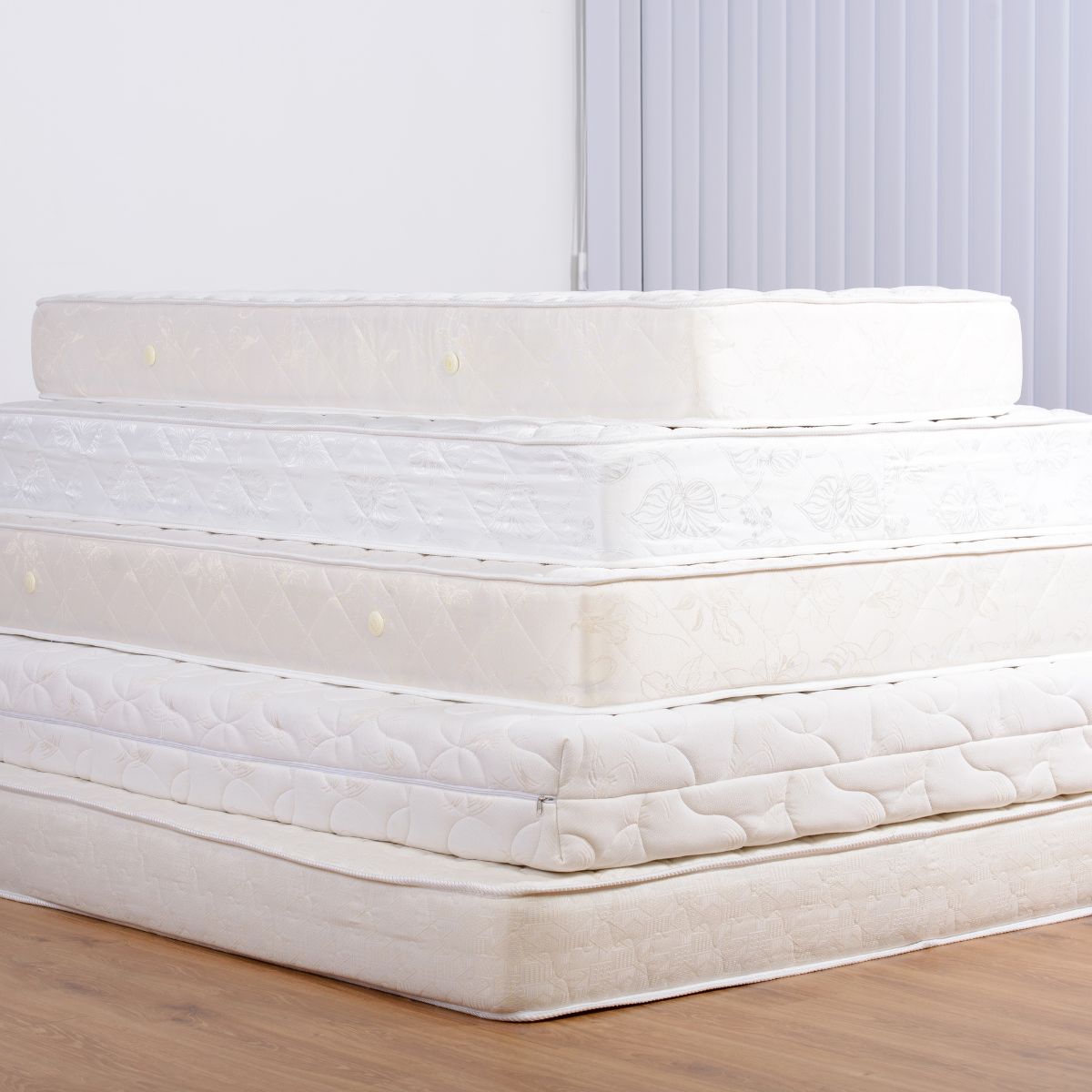
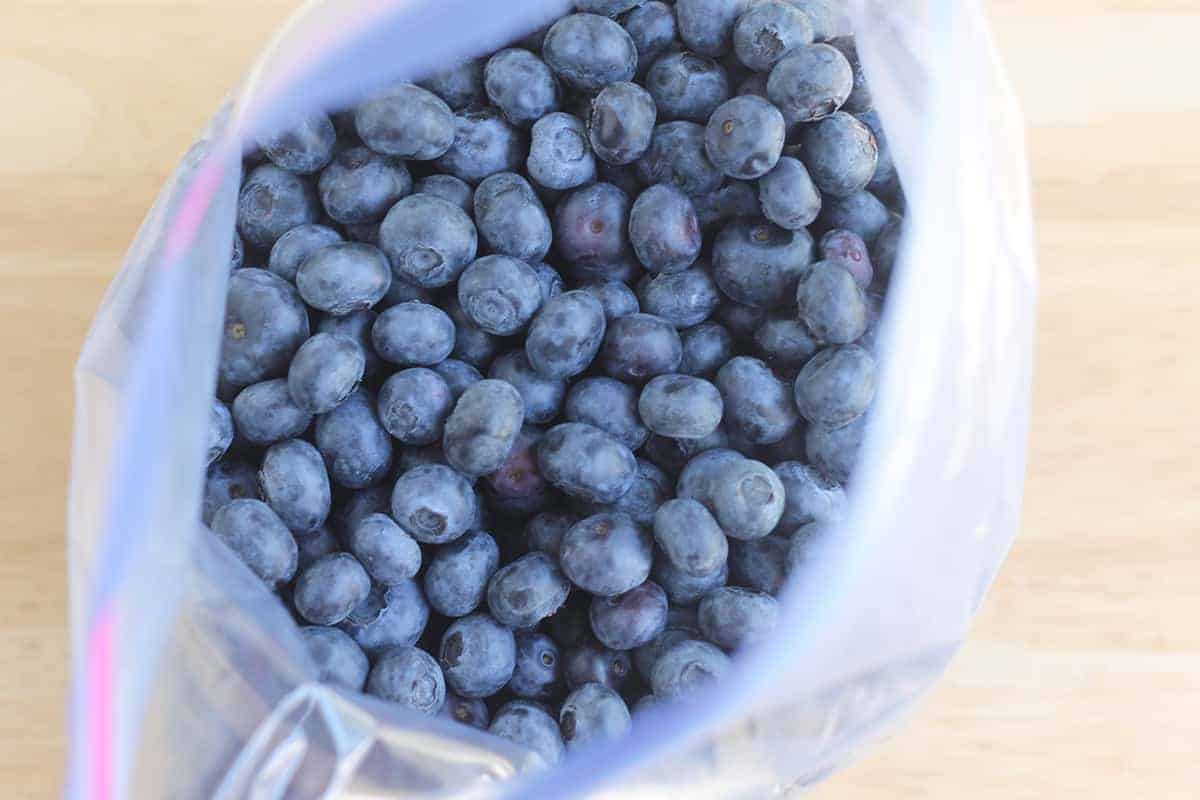

0 thoughts on “How Long Can You Keep Chia Seeds”